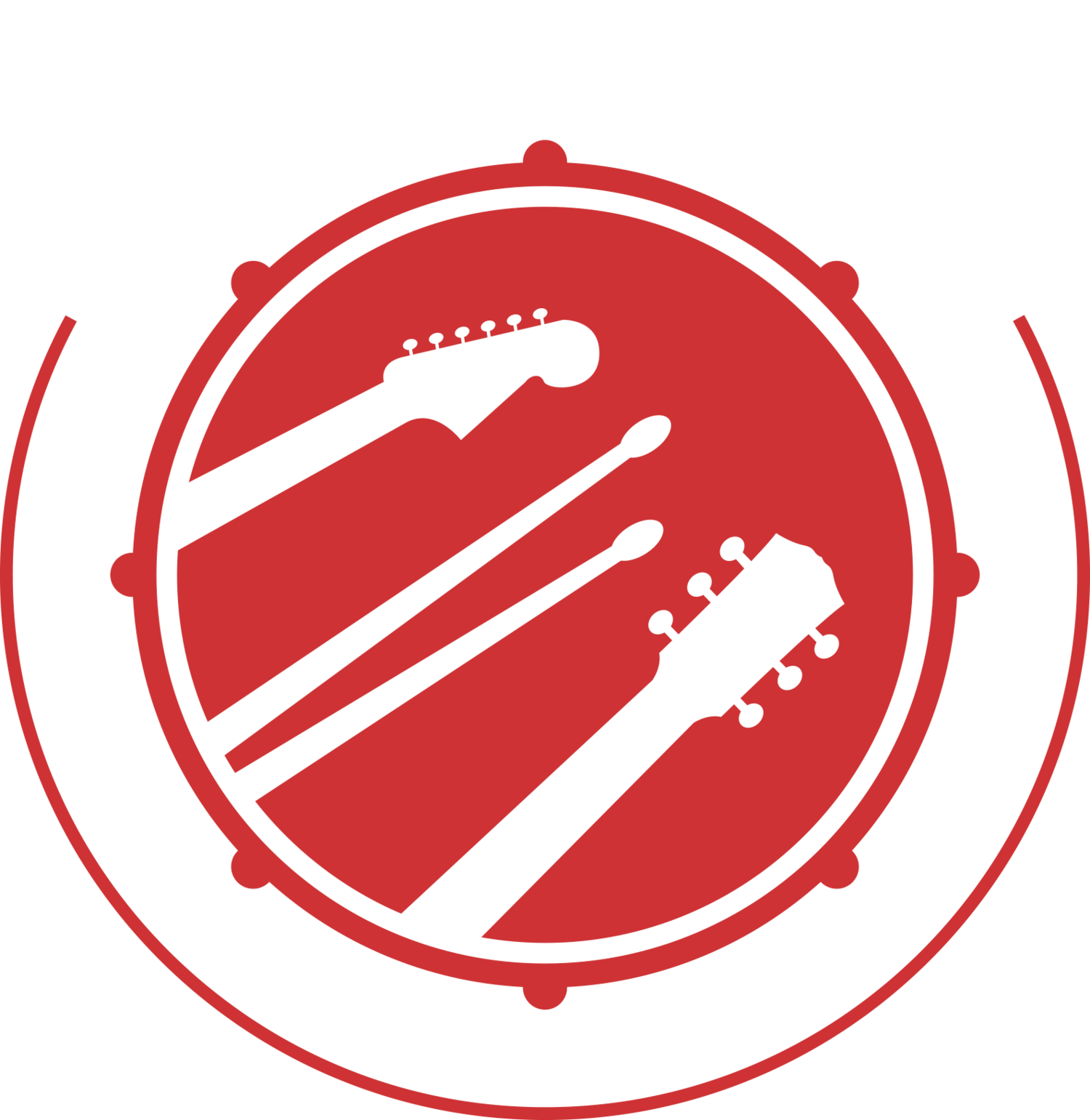Brain training is a big business––companies like brain-training giant Lumosity are constantly pumping out games that are designed to enhance cognitive function, regain mental function, and sharpen short-term memory. But how much does research back up these claims? Not much. According to researchers at the University of Illinois, there is little to no evidence proving that brain-training games improve anything more than the tasks being learned.
So, if these games don’t actually improve or sharpen your mental capacity, what does? The answer can be found in any music class.
Being a Musician Is Good for Your Brain
Science research has shown that learning to play music can change brain structure––helping your child process language and sounds they couldn’t otherwise hear. This method of language processing is known as “neurophysiological distinction.”
In addition to enhanced language processing, musicians tend to be more mentally alert, resulting in faster auditory, tactile, and audio-tactile reaction times. Children who actively participated in music classes or music lessons are the kids who most likely had superior attendance, paid close attention during class, and were the most focused during their lesson.
Before you rush to our website to sign your child up for music lessons, you should know that if your child doesn’t enjoy learning music or sitting through lessons, it won’t be of much benefit to force them into our hour-long sessions. In fact, a study from Northwestern University revealed that, in order for your child to reap the benefits of music lessons, they must actively engage and participate in class. Having your child immersed in a musical setting is not enough for them to receive the cognitive benefits.
Effects of Music on the Brain
Playing music stimulates the brain in a powerful way; this is because it’s integrating information from the senses of hearing, touch, and vision, along with fine motor movements. Regularly playing and learning music can change the brain in many ways––ways that are actually visible through brain imaging.
Brain scans have been able to show the differences between a musician’s brain and the brain of a non-musician. The results? In musicians, the most notable difference was that the size of the corpus callosum––the bundle of nerve fibers that allow communication between both brain hemispheres––was larger. In keyboard players, areas of the brain involving movement, hearing, and visuospatial abilities were larger.
Despite these differences, studies couldn’t determine if the differences on the brain scans were based on musical training or genetic predisposition. Ultimately, studies showed that children who engaged in 14 months of music classes displayed more powerful functional and structural brain changes. Another study showed that after two years, children who actively participated in music lessons showed larger improvements in how the brain processes speech than their less involved classmates.
Music Has Long-Lasting Benefits
Brain scans have also revealed that musicians who learned to play an instrument at a younger age experienced more drastic brain changes compared to adults learning a musical instrument later on in life.
What's more, even brief periods of learning music can have long-lasting benefits on the brain such as helping children with dyslexia process and learn language. If taught early enough, learning to play an instrument can also help protect the brain against dementia.
There is ample research proving that music grows the brain like nothing else can––it’s a robust cognitive stimulus, with the ability to enhance our working memory and change the way we process words.
Other Ways Music Strengthens the Brain
Here are six additional ways that learning music has an effect on the brain:
1. Playing music boosts your mood––A university study shows that babies who took interactive music classes displayed better communication skills earlier on. Also, they smiled more.
2. Music can help the brain recover after a traumatic event––Motor activity has shown major improvements with stroke patients who listened to music.
3. Musicians can process multiple activities at once––Music forces people to use three out of the five senses––leading to superior multisensory skills.
4. Strengthens literacy skills––Since music and reading are both common neural mechanisms, playing music can lead to enhanced literacy skills.
5. Helps musicians build relationships with others––Learning and playing music in a class setting is a great way to make friends. As mentioned before, playing music can enhance communication skills early on, setting the foundation for building future relationships.
6. Musical training strengthens the brain’s executive function––Learning a musical instrument can aid in critical tasks like processing and retaining information, controlling behavior, making decisions, and solving problems.
Research has shown time and time again that learning a musical instrument increases grey matter in the brain, enhances literacy skills, and improves spatial reasoning.
It’s not too late to enroll your child into music lessons! At The Music Room, we have both private and group lessons suitable for all ages. Call us today to learn more about our music programs.

